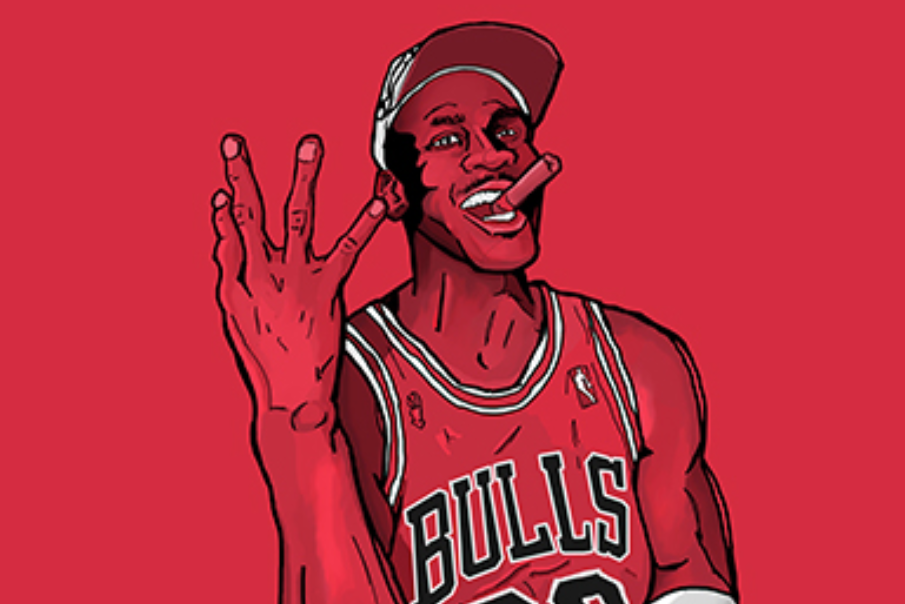If you like this one, check out this and this too. Or, heck, this.
For someone to excel as a leader in sports, it requires a special range of characteristics. So what are they?
Know Your Role
Depending upon what role you have on your team, your scope of leadership can change. While coaches use the training ground and practice, pre-and-post match team talks to display their leadership role with the team, once the game is on it’s the captains that typically take control. The captains are typically responsible for taking the instructions from the coach and implementing it on game day.
But while the coaches and captains are the first to be looked at for leadership, they aren’t always the only ones who can take charge on the field. Leadership can actually come from any player on the field, and developing the right skills for an interjection of leadership can lift the team at any time.
Keep in mind your role with the team, and how that may evolve into one with higher expectations.
Setting an Example
Leaders and authority figures are likely to have their fellow teammates follow their lead with respect to behavior, and for the good of the team, you need to be sure you’re heading down the right pathway. Sometimes, just like in golf, you may need a launch monitor to let you know that you are on the right track.
If you’re seen getting upset with a bad call, have your head down sulking after a blown play, or just generally conducting yourself in a negative manner, your players will feel they can follow suit and behave in the same manner. The best leaders are typically the hardest workers on the field, and conduct themselves respectfully on the field.
The same applies to training, practice days, and off the field commitments. Coming in late or being less than enthusiastic about training is going to give the rest of the team reason to feel they can do the same, hurting the team. Set a good example and your team will feed off your enthusiasm and positivity, giving your team the best chance to achieve their goals.
Be Aware
As a team’s leader, awareness is extremely important. While there is no absolute method to leadership, your approach to various scenarios will likely be influenced by external factors. Awareness comes from spending time building relationships with your teammates, players, and peers. Pay attention and learn how they react to certain styles and tones, and how they react to harsh words after a tough loss, or do they work together to lift each other up.
The process works on an individual basis as well, as certain players react differently to different types of leadership. A strong pep-talk may be enough to get most players ready for a big game, but others may just need some softer cues to get them pumped. In the heat of the moment, be sure to stay aware of the situation, and avoid taking the wrong tone with your teammates. Draw on what you know of your team, the players, or the opponents from previous experiences in similar situations.
Be Enthusiastic
One of the more important characteristics of a good leader is enthusiasm, which can be displayed in a number of ways.
Enthusiastic pitches, offering encouragement to your fellow players, or just lifting up your team when they’re looking down and out are a number of ways a leader’s enthusiasm is key. But encouragement also stretches to the day-to-day behavior as a sports leader, and a consistently positive outlook can help to produce better results.
If you show enthusiasm for your game as an individual and towards the sport you love, you can rightly expect others to follow. While at practice or training be the most enthusiastic about working hard to get better, as enthusiasm is infectious.
Have Vision
It’s often said that the best leaders lead from behind their men, and that is especially relevant when playing a sport such as a game of golf. Plan out a vision in your own head before trying to imprint it into the mind of others.
Your vision requires the ability to know how to get where it is you’re wanting to go, and many of the characteristics required to be a successful sports leader interlock with one another. To achieve success, know where your endgame lies, and use everything else in your leadership arsenal to win the support of your players, and win the game.
Jordan Fuller is a retired golfer. He is now coaching and mentoring. Jordan also owns a golf publication site where he shares some tips about golf. He also believes that strong leadership starts at a young age and can be developed through time and life lessons, just like how he sees potential to his students.”

One Comment
Comments are closed.